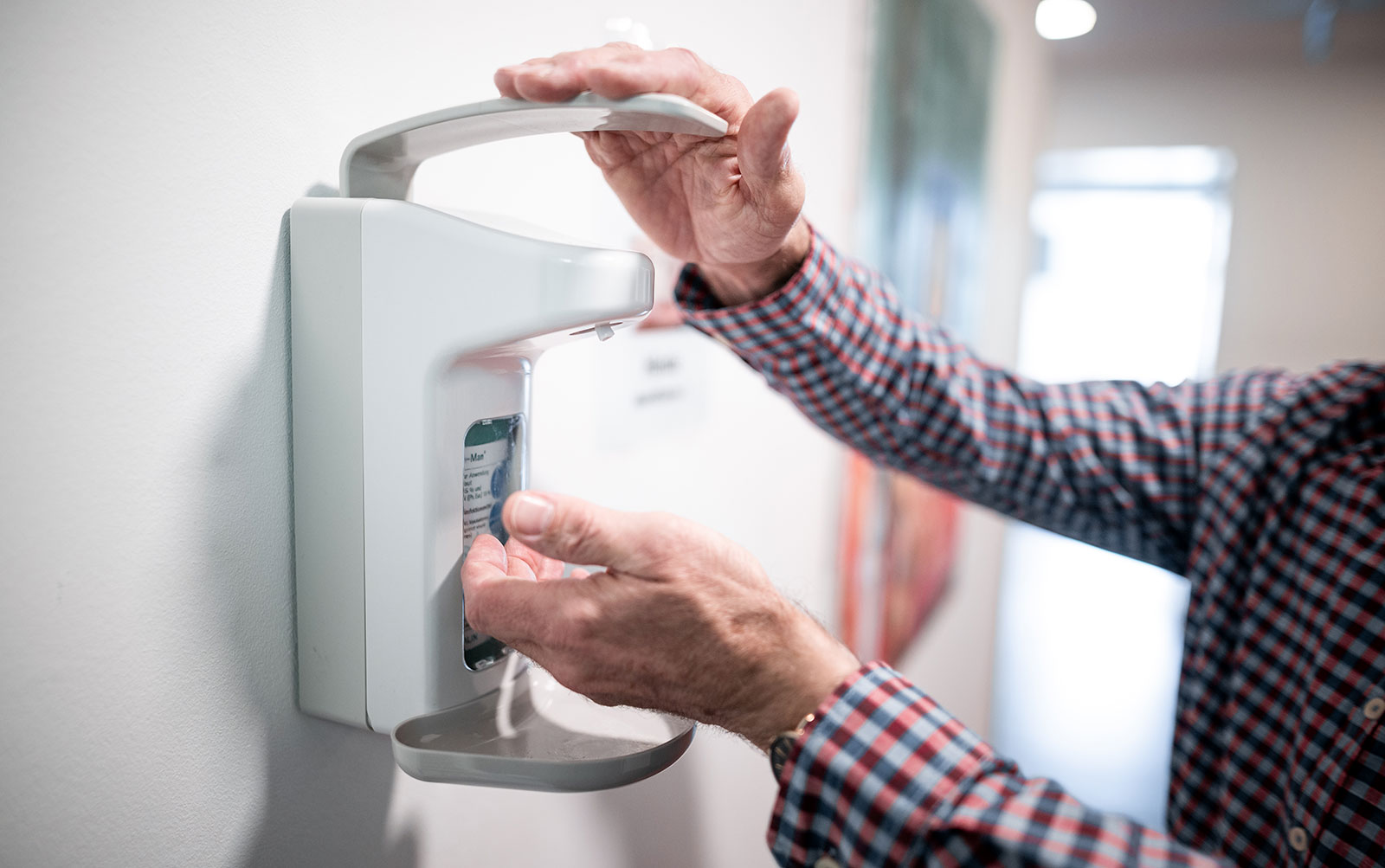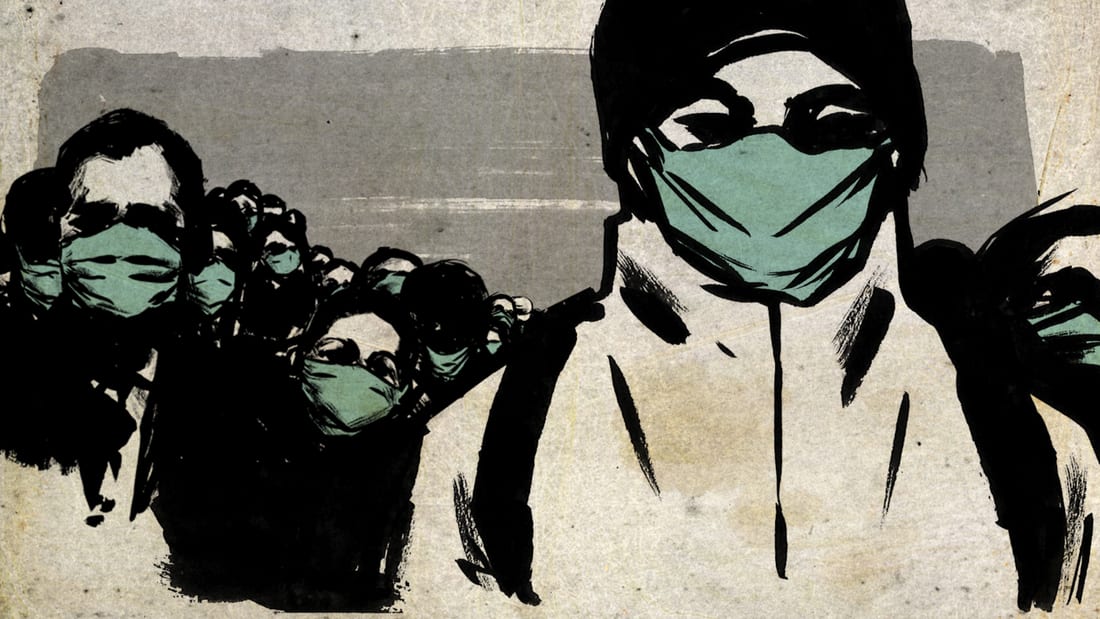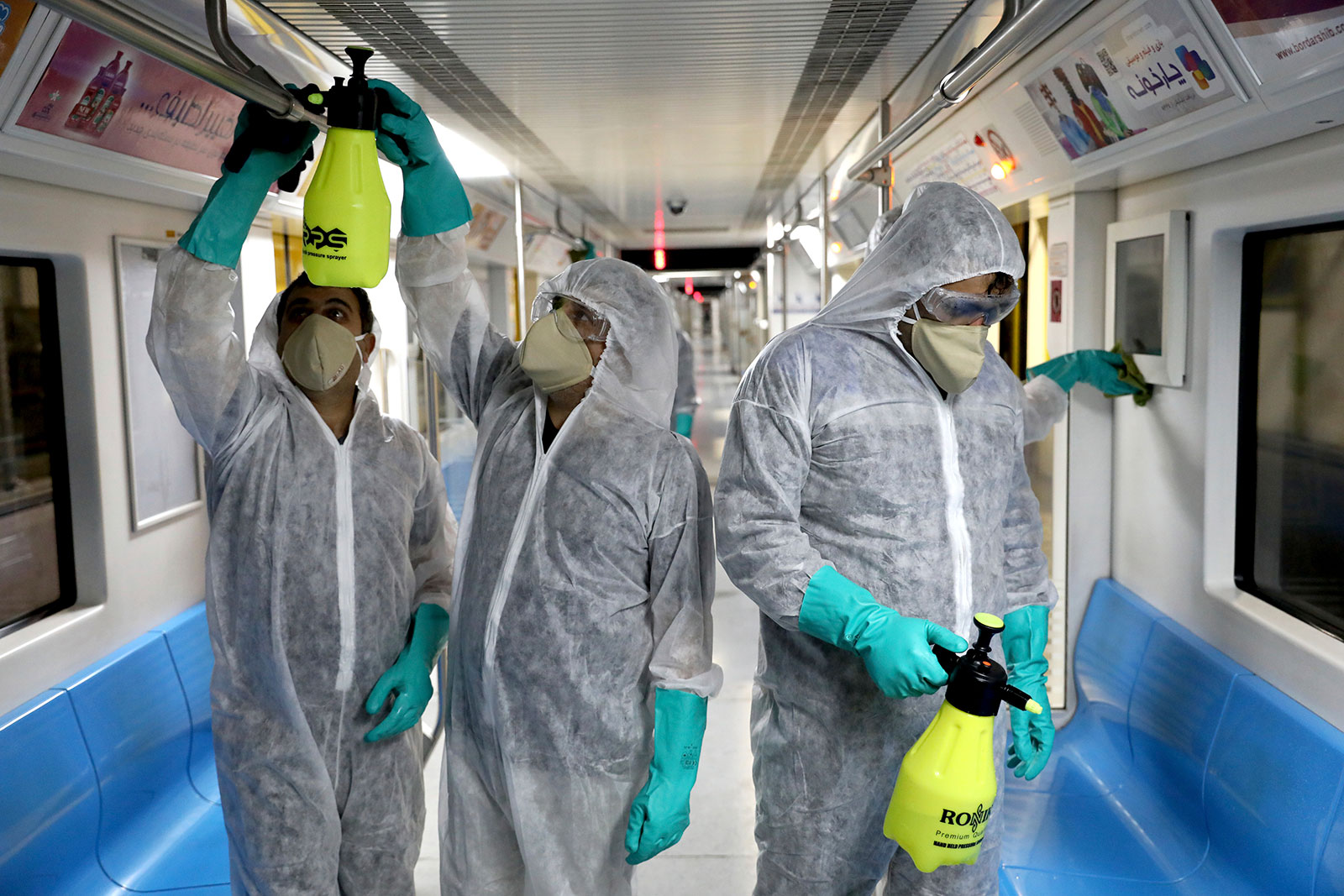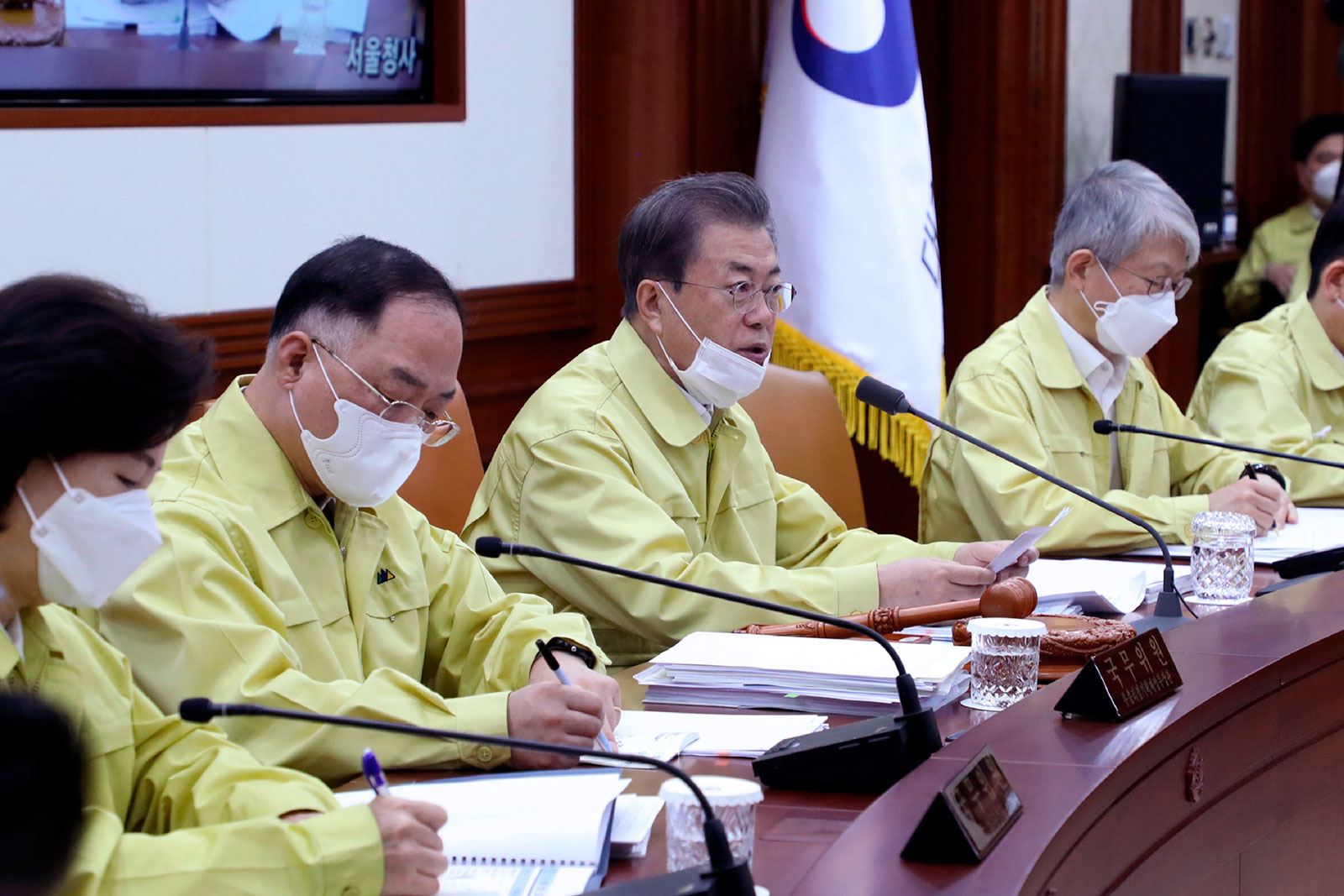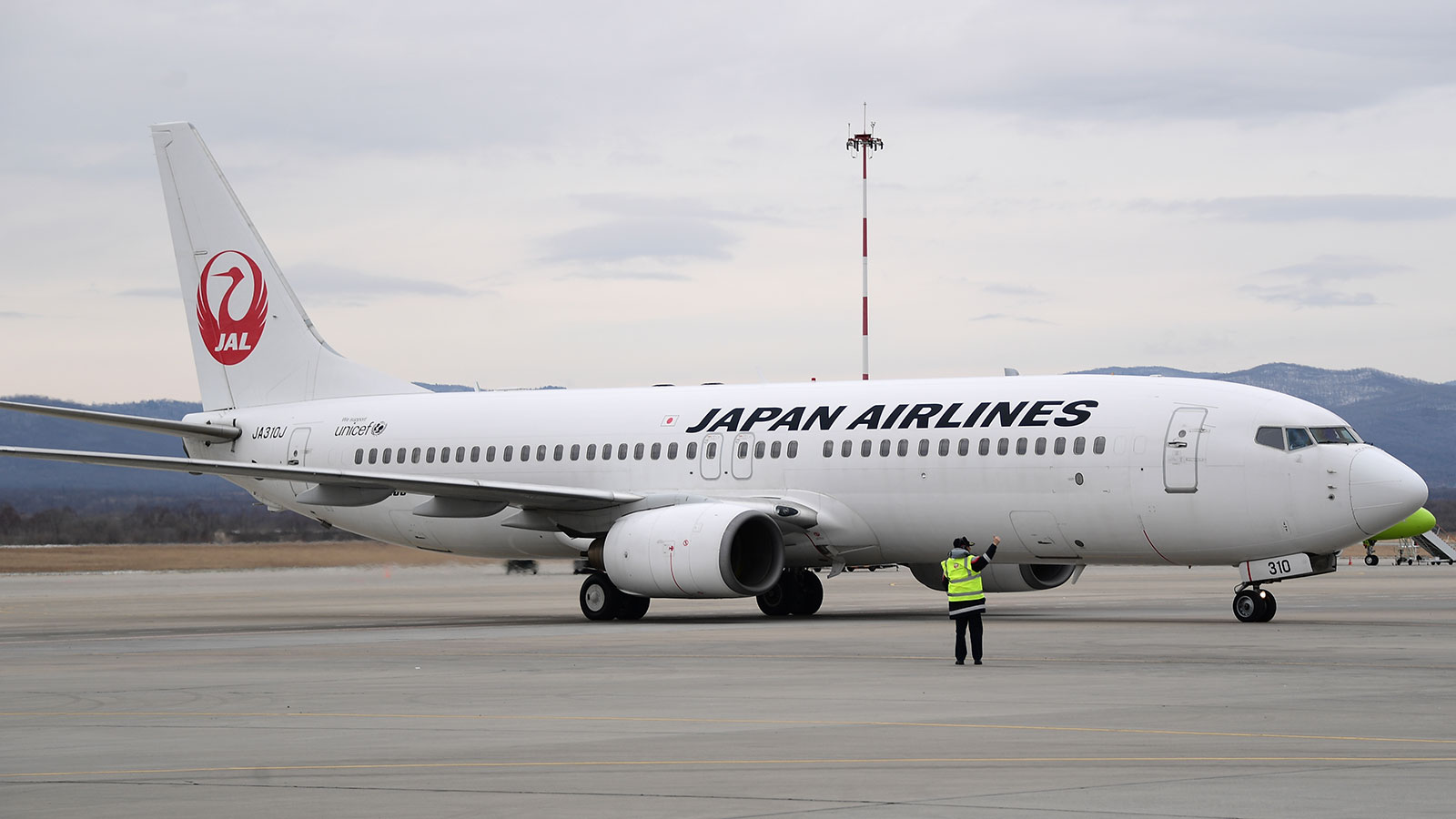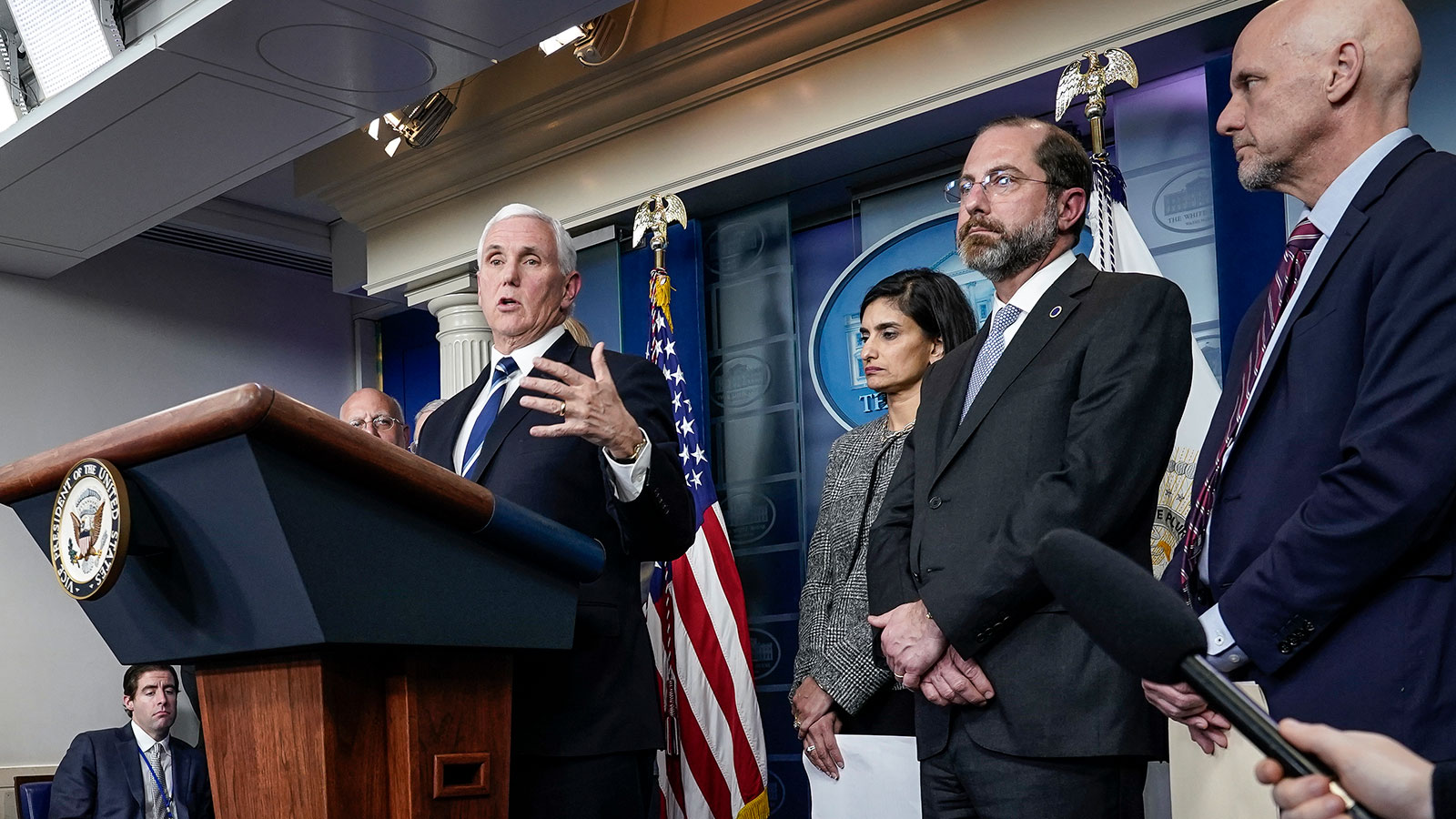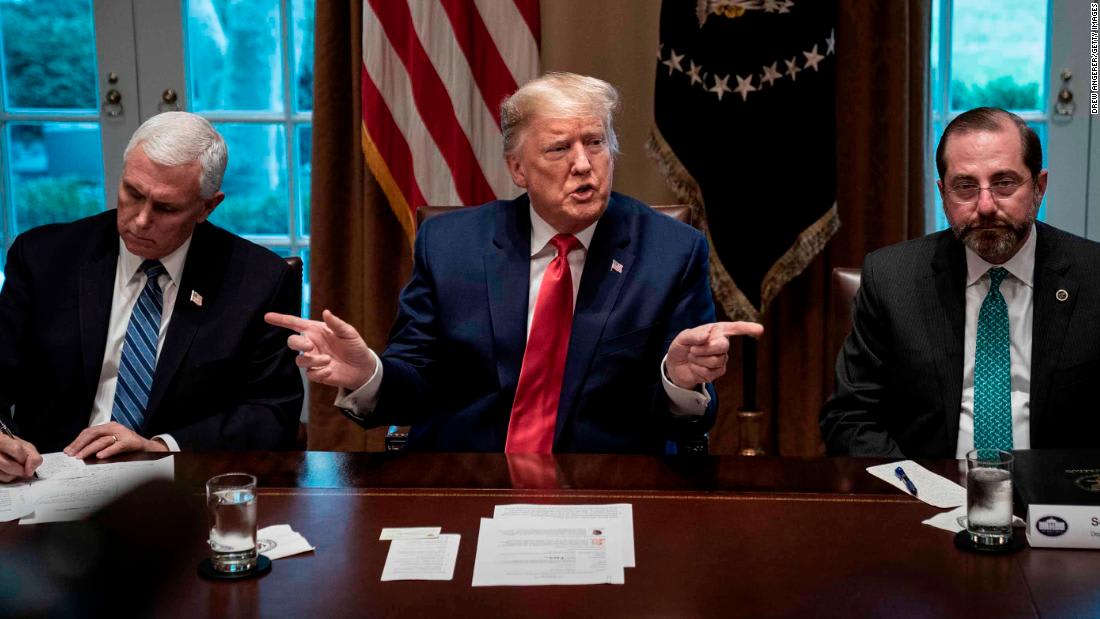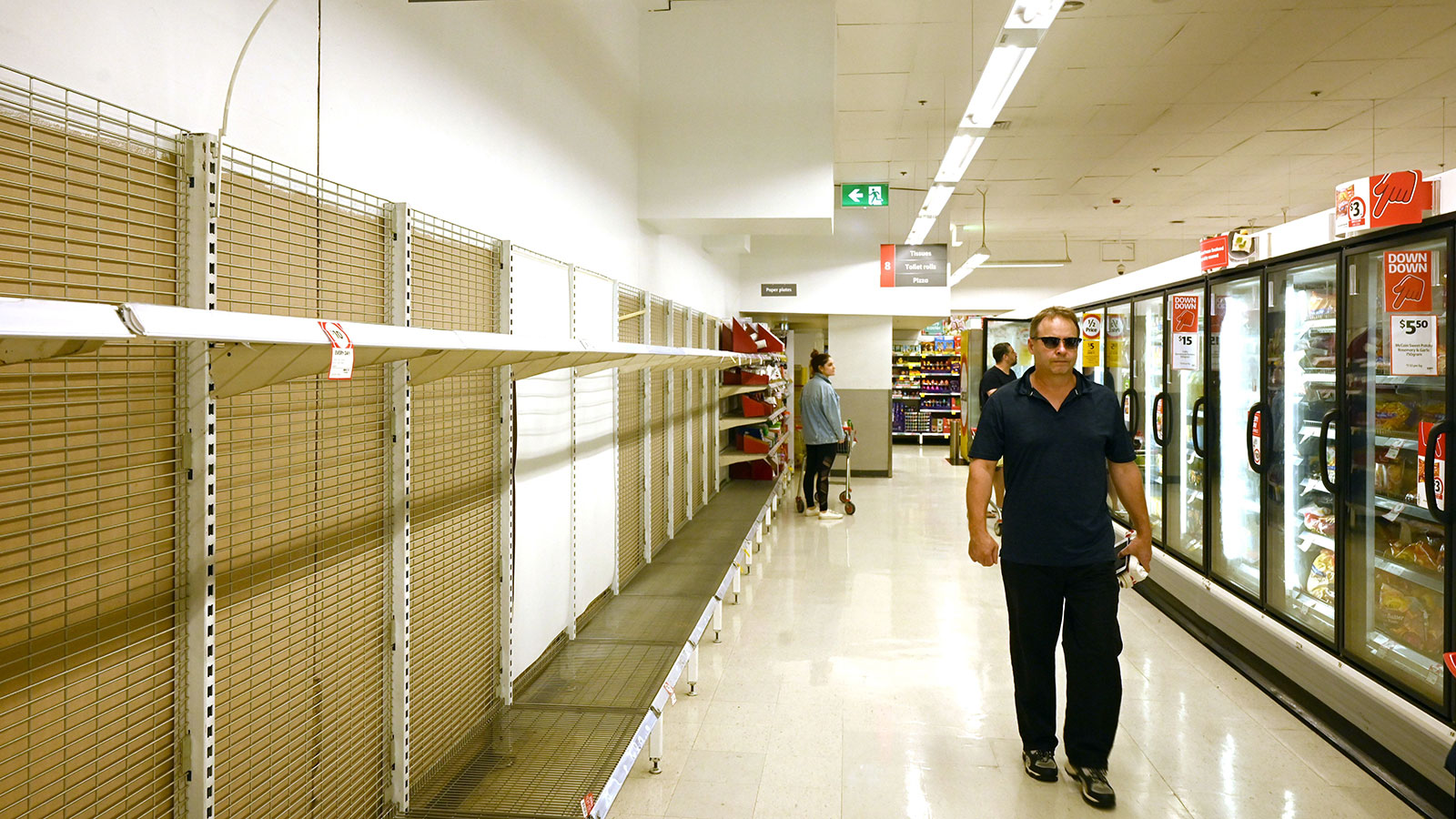
Australia only has 42 confirmed coronavirus cases -- but that hasn't stopped shoppers frantically buying up supplies.
Shelves have been left empty at supermarkets and pharmacies across Australia, as worried consumers stock up on toilet paper, pasta, rice and face masks.
At a Coles supermarket at Greenslopes Mall in Brisbane, a staff member said Wednesday that a new delivery of toilet rolls was snapped up before workers could even take them off the pallet. Workers were handing packs of rolls straight to customers, said the worker, who did not want to be named as he isn't authorized to speak to media.
CNN did not see any shoppers panic buying, although some could be heard muttering "it's insane" and "it's ridiculous" as they realized some shelves were empty.
When CNN visited the store, there were no toilet rolls, very little dried pasta and rice, and stocks of paper towels and tissues were also running low.
Here's what CNN saw:

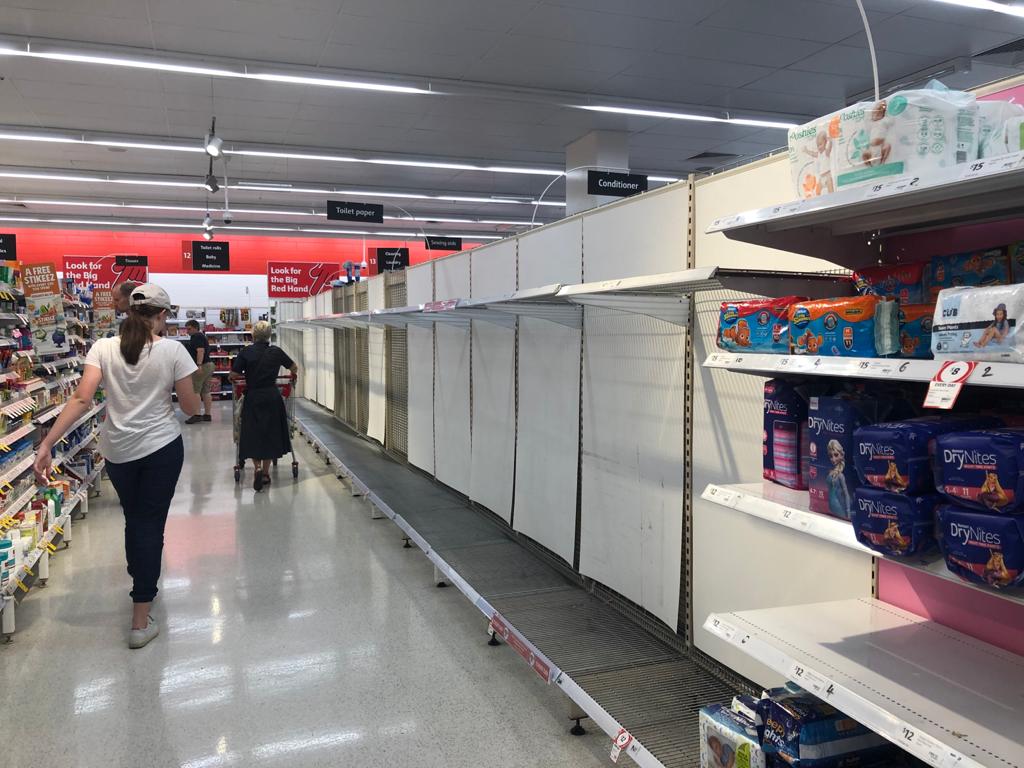
How companies are responding:
On Wednesday, Woolworths -- one of Australia's biggest supermarket chains -- announced it would impose a limit of four packs of toilet paper per customer.
Kleenex urged customers not to panic, as the country wouldn't be running out of toilet paper any time soon.
